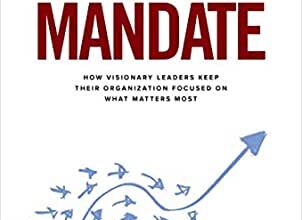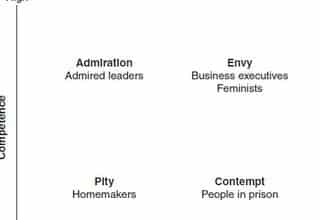Last week my kids went back to school. As much as they groaned, I felt myself grumbling even more knowing that our “relaxing” evenings were about to become a cyclone of homework and school projects. With two working parents, three kids in elementary school, and a prevailing over-achiever mentality, I often wonder how much we are benefiting from the homework that all five of us are doing.
There is much research arguing against homework. In his book The Homework Myth, Alfie Kohn states that it’s positive effects are overblown. Homework reduces necessary quality time with family and does not significantly improve learning or academic results. Kohn writes:
For younger students, in fact, there isn’t even a correlation between whether children do homework (or how much they do) and any meaningful measure of achievement. At the high school level, the correlation is weak and tends to disappear when more sophisticated statistical measures are applied.
Other studies agree:
- In The Battle Over Homework, Duke University Professor Harris Cooper found little correlation between the amount of homework and achievement in elementary school and only a moderate correlation in middle school. Even in high school, “too much homework may diminish its effectiveness or even become counterproductive.”
- Many countries with the highest scoring students on achievement tests (Japan, Denmark, etc) are assigned little homework, while the more homework-dependent countries (Greece, Thailand, etc) consistently have some of the worst average scores, according to a four-year study.
- Even pro-homework advocate Tom Sherrington cited a popular mega-study concluding that homework has minimal benefits for kids under the age of ten.
These are pretty clear-cut findings on school homework, but do they only pertain to our kids? Is our work-related homework any more useful?
I don’t generally like the phrase work-life balance, but it is hard to deny the negative affects of an unbalanced life. Health problems, depression, and impaired sleep are commonly associated. These conditions hurt the employee and the organization, resulting in burnout, a long-term lack of productivity, turnover, and a generally actively disengaged workforce. Mind you, I’m writing this from home after a full day of work, so I may not be the best example of balance, but I am trying to get better.
Here are a few ways you and I can strike a better balance between home and work:
Carve out family time. A study by the University of Michigan found that family meals are the single strongest predictor of better achievement scores and fewer behavioral problems for children. It’s also a nice way to decompress after a busy day.
Forget about a 50/50 split. Reasonable expectations are key to a work-life balance. Some days are going to be work heavy, while other days won’t allow for the amount of work you’d like to complete. You may still get frustrated, but anticipating your reality can often make it less wearisome.
Stop blaming your phone. You can decide whether to read and respond to every text as they arrive.
Get organized. Work-life balance will not happen without a systematized schedule, a way to capture to-do items, or focus. Maintain priorities and stick to your daily plan (as much as you can).
Being home is not being lazy. I make it a priority to be home for dinner. I then help get everyone to bed and go back to work. Is it ideal? Maybe not, but I find it relaxing to get a few things off my to-do list before morning.
Get a hobby. As much I enjoy doing some work at night, I don’t do it every night. Find something non-work related that you enjoy. Exercise, reading, etc are great ways to get rid of stress. And TV does not count as a hobby (no matter how much I’d like it to).
Homework for both you and your kids is inevitable. We can complain about it or accept that work-life balance is not based on a set period of time where one turns on and the other off. A healthy mindset involves the ability to integrate family with work/school priorities. Find the balance that works for you so you can spend the rest of your free time checking your daughter’s algebra… as I’m about to do.







